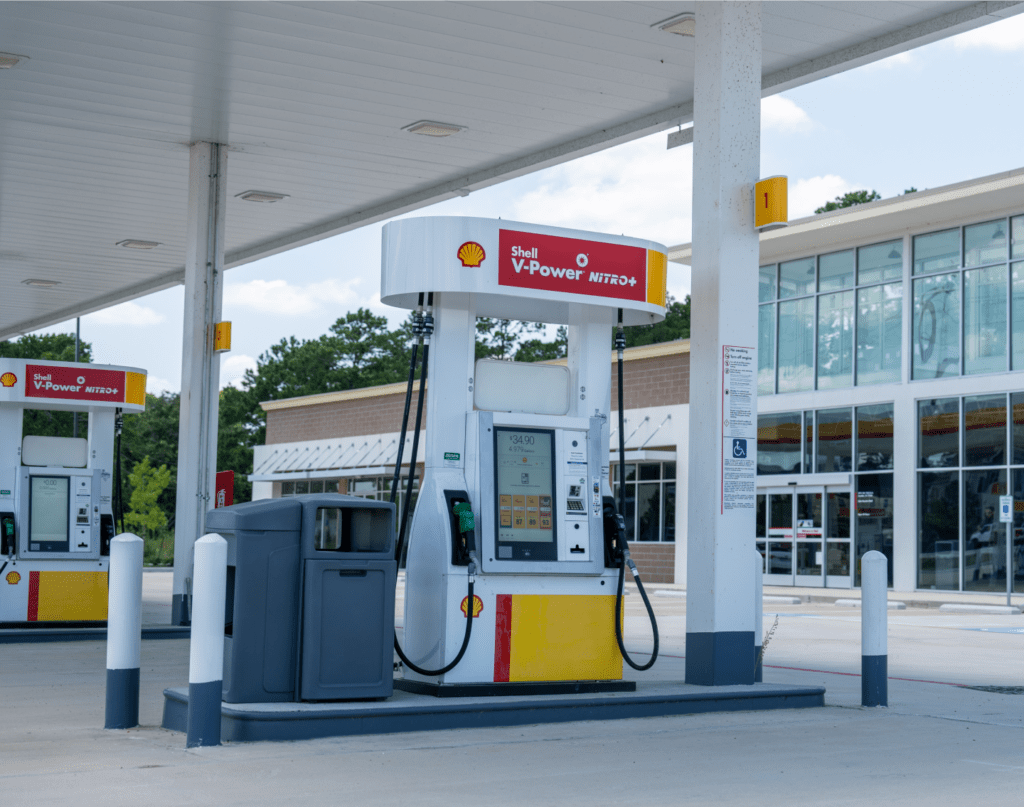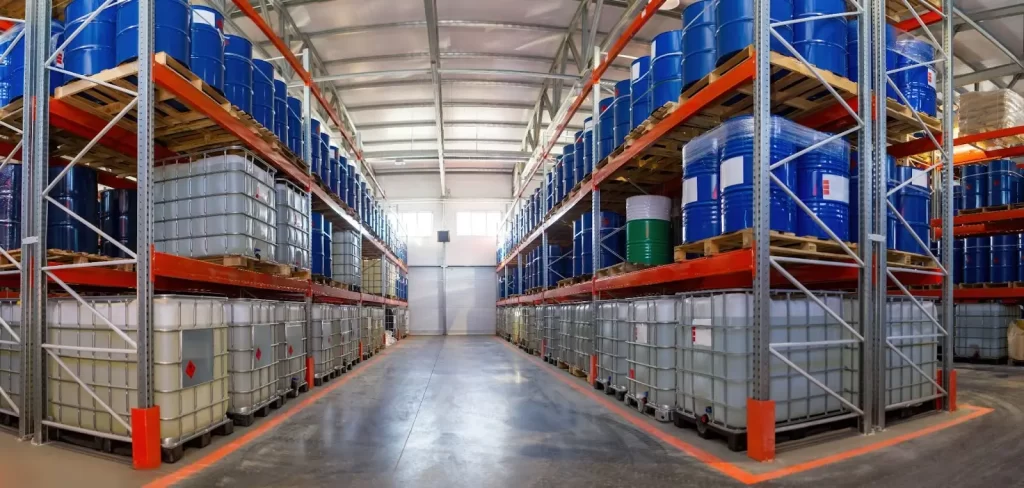
Just like how our body wishes to steer clear of harmful substances, the fuel we use in our vehicles should also be free from contaminants.
Fuel contamination can significantly affect vehicles’ performance and longevity. However, not everyone is aware of what fuel contamination is or how it may occur.
This article will provide a comprehensive understanding of fuel contamination, its causes, signs, and ways to identify it.
WHAT IS FUEL CONTAMINATION?
Fuel contamination is an undesirable occurrence where foreign particles or substances mix with the fuel, altering its purity and composition.
These impurities can be solids, water, microbial growth, or other incompatible fuels that disrupt the optimal functioning of your vehicle’s fuel system.
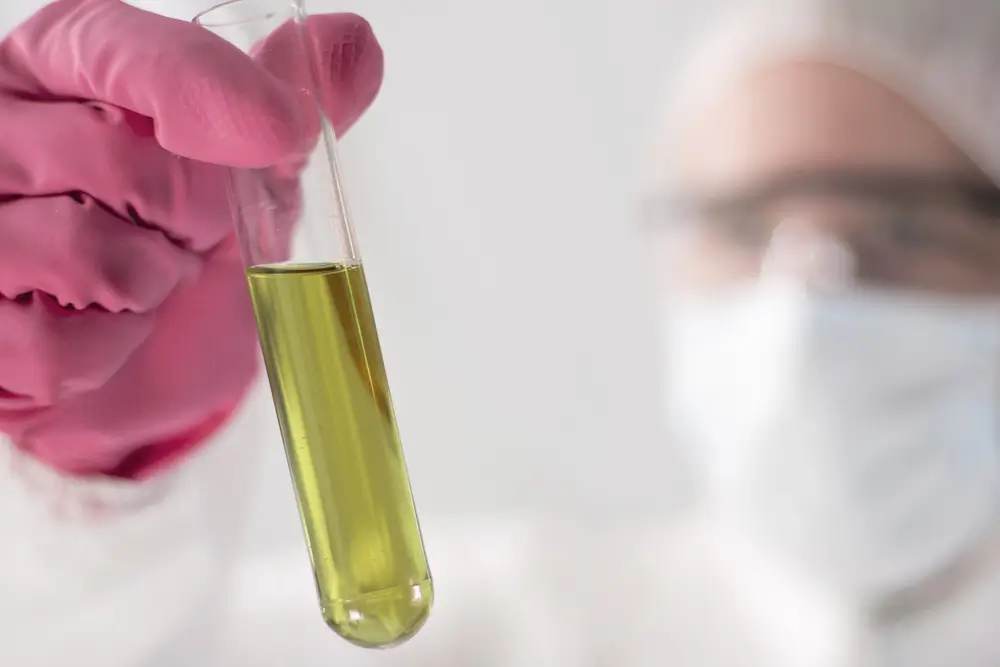
WHAT CAUSES FUEL CONTAMINATION?
Several factors may cause fuel contamination, commonly including storage issues, delivery mechanisms, temperature changes, and humidity.
Unattended fuel storage tanks may accumulate dust, rust, or water, leading to contamination. Fluctuating temperatures can cause condensation in the fuel tanks, leading to water contamination.
Dirty fuel delivery systems, or misfuelling, can also introduce contaminants into the system.
HOW TO KNOW IF YOUR FUEL IS CONTAMINATED
Understanding whether the fuel we’re using is contaminated can save us from potential performance issues and expensive repairs. Here are some signs that your fuel might be contaminated:
Appearance Changes
Fuel should be clear and bright. If it seems cloudy or hazy, or contains visible particulates or water droplets, it’s a strong indication that the fuel is contaminated.
Vehicle or equipment performance is affected
Fuel contamination directly hampers vehicle performance. If your vehicle exhibits poor acceleration, excessive smoke, decreased fuel efficiency, or engine misfires, the fuel might be to blame.
Tank condition changes
Regularly inspect your fuel tank. Visual indicators like corrosion, rust, sludge, or mold growth often signal contaminated fuel.
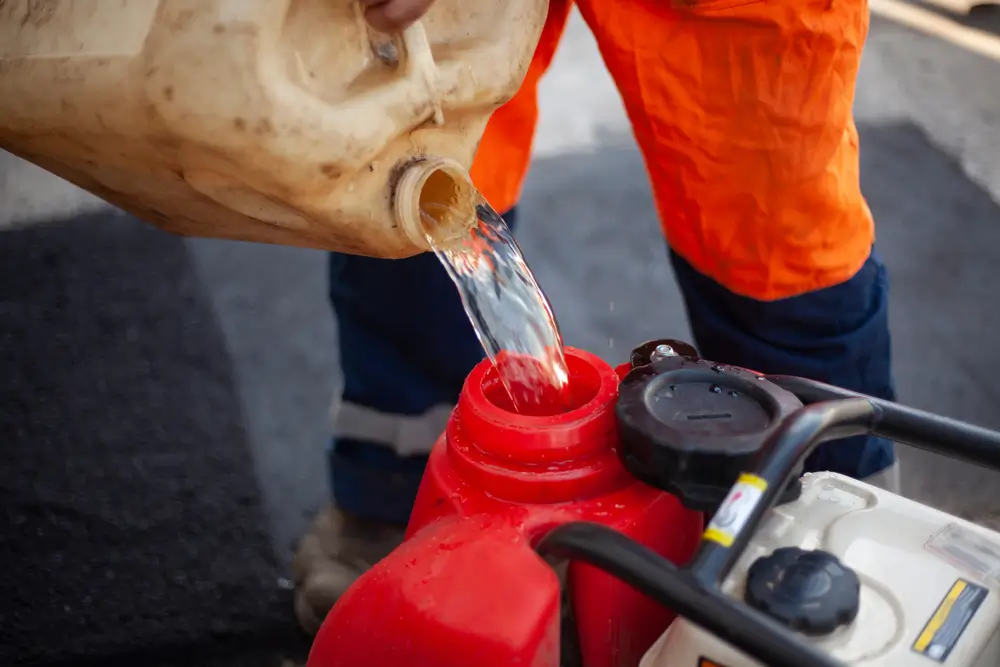
HOW CAN YOU IDENTIFY FUEL CONTAMINATION?
A closer analysis of the fuel and fueling setup can help identify the type of contamination your system might be dealing with. Lab testing can confirm the exact contaminants.
However, these are a few common contaminants to look for if you suspect fuel contamination:
Particulates
Solid particles like dust, rust, or dirt can enter the fuel system during delivery or storage. A fuel filter inspection might show excess particles trapped, indicating contamination.
Mold
Long-term storage, especially in humid conditions, can lead to microbial growth in fuel systems. Checking the tank’s corners and dark spaces regularly can help spot any fungal or bacterial growth.
Sludge
The build-up of organic or inorganic residues can form a thick, gooey sludge in fuel storage systems. If not addressed, this sludge can pass into your vehicle’s fuel system, causing blockages or damage.
Remember, preventing fuel contamination is always better than dealing with its aftereffects. Regular maintenance, clean storage and delivery systems, and using reputable fuel sources are some preventative methods.
Consider professional consultation if you’re dealing with persistent issues related to fuel contamination.
HOW TO FIX FUEL CONTAMINATION?
Discovering that your fuel is contaminated can induce a sense of worry and urgency to fix the issue. However, the good news is that with the right approach and tools, fuel contamination can often be managed effectively.
Here’s how you can address the problem and get your system back to optimal performance.
Drain and Clean the Tank
The first step in addressing fuel contamination is to completely drain the fuel tank. This includes removing any contaminated fuel along with water and debris. Once emptied, thoroughly clean the inside of the tank to remove remnants of the contaminants. In severe cases, tank replacement might be necessary.
Replace the Fuel Filters
Contaminated fuel can clog the filters, further impairing the vehicle’s performance. After draining and cleaning the tank, replace all the fuel filters. This will help ensure that the fresh fuel isn’t immediately contaminated by remnants caught in old filters.
Use Fuel Additives
Once the tank is clean and free of contaminants, using a fuel additive can help restore the fuel’s condition and protect against future contamination. Additives can help break down water molecules and increase the fuel’s resistance to microbial growth.
Seek Professional Help
If you’re unsure how to properly clean the tank or if the contamination is severe, it’s best to seek professional help. Professionals can provide advanced cleaning and ensure the entire fuel system is free from contamination.
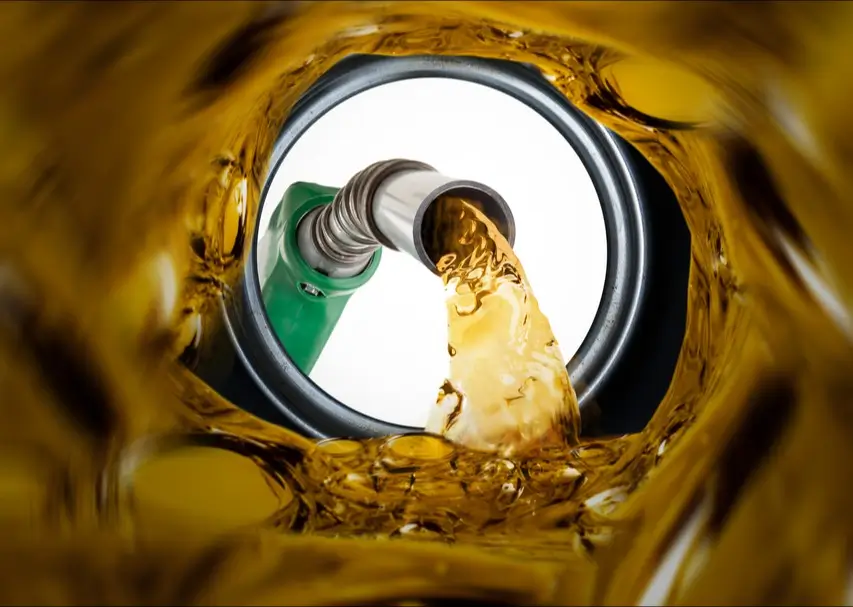
TIPS TO AVOID FUEL CONTAMINATION
Prevention is the best cure for fuel contamination. By taking proactive steps and being mindful of your fuel usage and storage, you can significantly reduce the risk of contamination.
Here are essential tips to keep your fuel as clean as possible.
Regularly Inspect Storage Tanks
Inspect your fuel storage tanks regularly for signs of wear, rust, or moisture. Regular maintenance and inspection can catch potential issues early before they lead to contamination.
Use High-Quality Fuel
Investing in high-quality fuel from reputable dealers can greatly reduce the risk of contamination. High-quality fuel is often handled and stored more carefully, which helps maintain its purity.
Keep Water Out
Water contamination is a common problem. Ensure that all tank lids are secure and watertight. Additionally, use funnels with filters when transferring fuel to block out moisture and other particulates.
Perform Regular Maintenance
Keep your vehicle or machinery well-maintained. Regular checks on the fuel system can help identify and rectify potential issues before they lead to significant contamination.
SAFEGUARDING YOUR FUEL SYSTEM: A CONCLUSION
Dealing with fuel contamination can be frustrating and costly, but taking proactive measures to prevent it can save you a lot of trouble.
Partnering with a trusted fuel distributor in Texas, such as ABC MARTS, can greatly mitigate these risks. ABC MARTS, ensures the highest quality and purity of fuel, with meticulous handling and storage processes designed to prevent contamination. By choosing a reputable provider like ABC MARTS,, you align yourself with a partner invested in the performance and longevity of your fuel systems. Remember, the health of your vehicle or machinery begins with the quality of your fuel – make your choices wisely.

